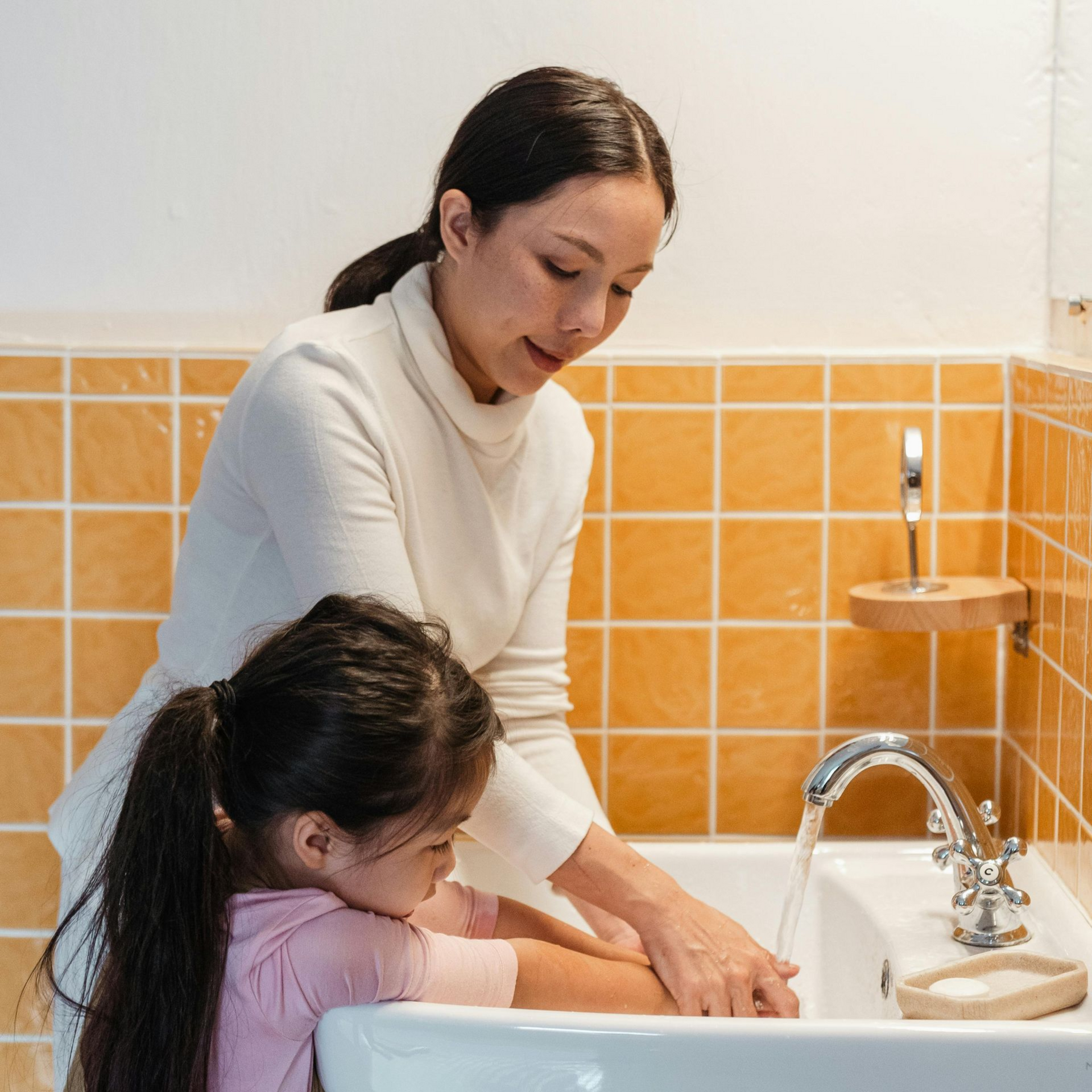Supportive ABA Therapy in Daycare & Parochial Settings: An Integrative and Collaborative Approach
This is our first article in our series on ABA in the daycare or parochial setting. You can read our parent's guide to daycare/parochial ABA here!
At Vilij ABA, we believe growth happens best in community—where children can learn, laugh, practice, and belong alongside their peers. Many parents and caregivers may not know that ABA services can provide additional support in the daycare and parochial school settings.
Note: This article is for general information, not insurance or legal advice. For the most accurate and up to date information, reach out to your insurance plan sponsor for more information.
Why this model works!
For children: Access to peers means more chances to practice communication, play, flexibility, and independence in the same places those skills are needed. Consistency across settings helps skills “stick” and reduces confusion. When expectations align between home, therapy, and classroom, kids can thrive.
For parents: Your child stays in a familiar routine with friends and teachers they love—while still receiving individualized support. You get clearer communication, less logistical juggling, and a team working from the same playbook.
For centers: You gain trained support in the room, coaching that builds staff confidence, and individualized plans that make the day run smoother. It’s truly a win-win-win.
What supportive ABA looks like day-to-day
Support is tailored by a BCBA and delivered by a trained behavior therapist, always aligned with the child’s goals and the classroom’s rhythm. Common models include:
- Push-in support (shadowing): Therapist supports the child during typical activities (circle, centers, recess, lunch), prompting and fading as independence grows.
- Pull-out mini-sessions: Short, targeted practice (e.g., requesting, transitions, toileting).
- Small-group skill building: Brief peer practice for play, turn-taking, or problem-solving.
- Teacher coaching on the fly: In-the-moment strategies that fit your routines, plus short debriefs and simple visual supports.
Our approach is trauma-informed and neuro-affirming: we prioritize regulation, autonomy, and meaningful goals—not “masking.”
Coverage & authorization—what families and centers should know
Public schools typically provide supports through an IEP and school funding—not your health plan. Private daycare/parochial settings are different; your health insurance may consider ABA there with prior authorization and when medically necessary.
To start, families usually need a verification of benefits (VOB) and prior authorization from the insurer; we help you through those steps and explain any costs in plain language. Always double-check specifics with your insurer so you know exactly what’s covered for your child.
How we partner with your center
- Listen & align. With caregiver consent, we meet with the director/teachers to understand classroom routines, priorities, and what a “good day” looks like for everyone.
- Set clear goals. The BCBA designs goals that matter in this classroom (e.g., joining circle for 5 minutes, hand-washing independence, safe transitions).
- Create simple supports. We build minimal-disruption strategies (visuals, prompting plans, calm-down options) and a one-page snapshot for staff.
- Coach & collect. Therapists capture just-enough data while staying present with the child. We debrief with staff—short and sweet.
- Communicate consistently. Families get updates that make sense; teachers get what’s actionable. When everyone pulls in the same direction, often support steadier progress.
Readiness checklist for centers
- A small workspace or quiet corner available for brief pull-outs
- Agreement on communication rhythm (e.g., weekly 10-minute check-ins)
- Shared safety and behavior response plan
- Visual supports allowed (schedules, first-then, token boards)
- Parent/guardian consent on file; confidentiality respected
If you’re nodding “yes” to most of these, your program is likely ready for a supportive ABA partnership. If not, we’ll help you get there.
FAQs
Is this the same as adding another staff member to our ratio?
Not exactly. The therapist’s role is clinical—supporting the child and coaching the environment—while collaborating with your team. Ratios are still the center’s responsibility.
What if a child needs more support than we can offer on site?
We’ll be honest and collaborative. Sometimes a hybrid plan (more focused sessions plus classroom time) is most supportive. See our piece on how ABA addresses a wide range of needs
here.
How do we avoid disrupting the class?
We fit into your routines, not the other way around. Strategies are designed to be quick, respectful, and sustainable.
Can this work in summer or school breaks?
Absolutely—breaks are a great time to generalize skills in less structured settings.
Ready to be a part of our Vilij? Talk to us about services at your daycare or parochial school here. We'll vverify your insurance, coordinate any needed authorizations, and design a support plan that helps your child build new skills with their peers. We’ll aim for calmer days, easier routines and independence, and more moments of joy at home and at school.
Accountability | Integrity | Empathy | Collaboration










